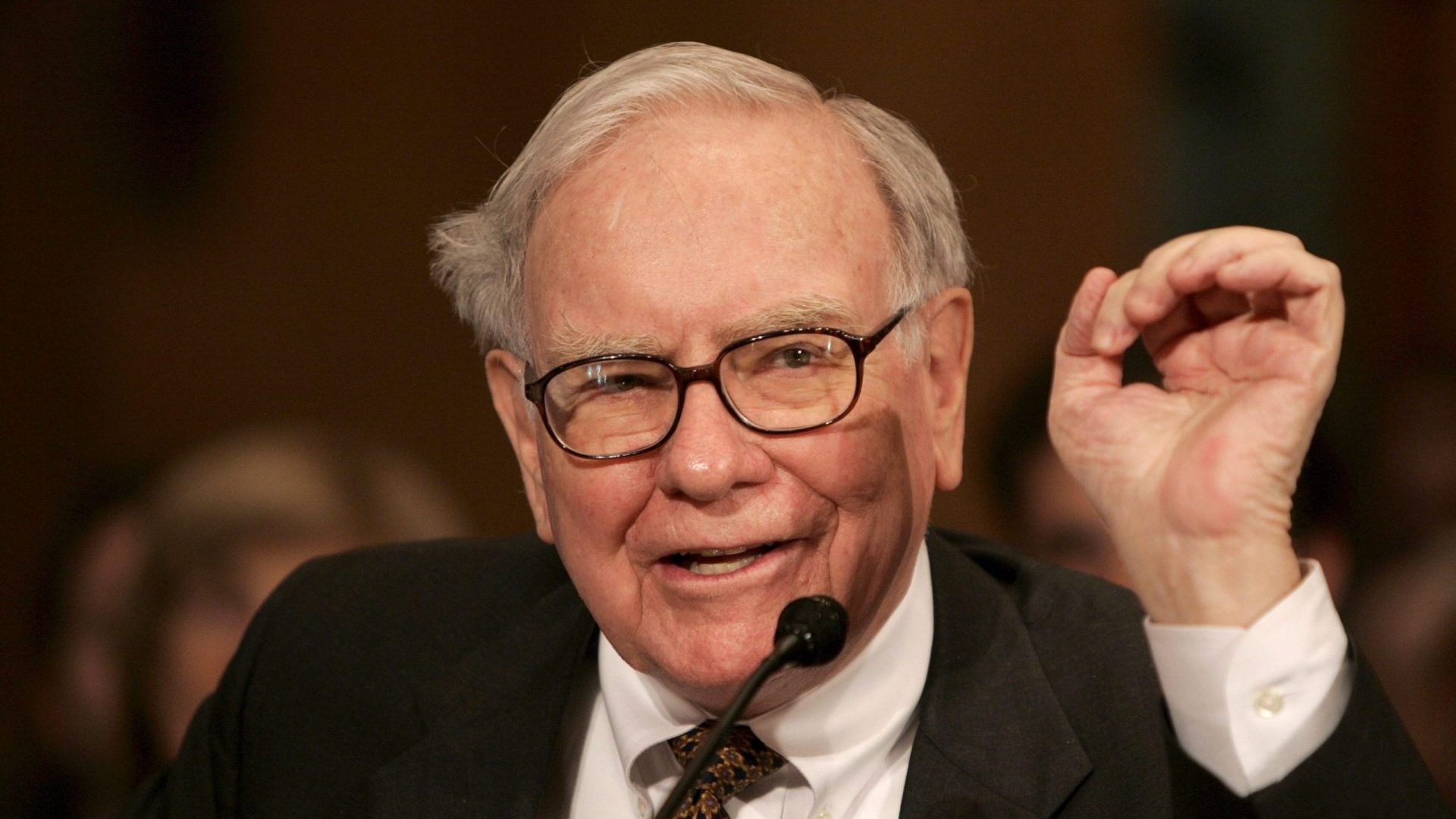
Unless your name is Elon Musk, Mark Zuckerberg, Larry Ellison, Jeff Bezos or a handful of others, you probably don’t have nearly as much money as Warren Buffett. The legendary Berkshire Hathaway CEO is worth an estimated $154 billion, according to the latest Forbes data, ranking him as the sixth-richest person in the world.
Buffett didn’t get there by following the same rules as others. In fact, one of the Oracle of Omaha’s most famous quotes is to “be fearful when others are greedy, and be greedy when others are fearful.”
Read Next: Warren Buffett’s Top 4 Tips for Getting Richer
Find Out: 10 Cars That Outlast the Average Vehicle
Here are four ways Buffett’s strategy differs from the typical Wall Street investor.
He Doesn’t Follow the Pack
As the above quote about being fearful and greedy demonstrates, Buffett does not get caught up in standard narratives when it comes to investing. The quote came from a 2008 op-ed Buffett wrote for The New York Times, during the height of the global financial meltdown and Great Recession. While others were skittish about buying stocks, Buffett looked at the crash as a buying opportunity.
“Bad news is an investor’s best friend,” Buffett wrote in the op-ed. “It lets you buy a slice of America’s future at a marked-down price.”
The philosophy works in the other direction as well. When most Wall Street investors are rushing in to buy stocks during a bull market, Buffett often sits it out until prices moderate again.
Check Out: 15 Investments Warren Buffett Regrets
He Focuses on the Long Term
Many investors aim to make a quick killing on Wall Street by chasing profits or making frequent trades, but that’s not Buffett’s style.
As Investing.com noted, Buffett’s investment horizon “has always been measured in decades, not quarters.” This differs from many Wall Street investors who base buying and selling decisions on whether companies hit their quarterly sales and earnings targets.
He Only Invests In Companies He Understands
You don’t necessarily need to be an expert in a particular technology or market sector to profit from it, but it helps to have a decent grasp of a company’s business model. Unfortunately, many investors pour money into companies with little or no knowledge of those companies’ leadership teams, end markets, profit margins, etc.
One of Buffett’s core principles is to invest in businesses he understands. As part of that principle, he looks for companies with strong management, predictable revenue and earnings streams, loyal customers, and a competitive edge.
He Doesn’t Overpay for Stocks
Buffett is famous for being a value investor, which means he pays close attention to a company’s stock price and whether that price aligns with its financial results. This sets him apart from investors who chase high-flying stocks that boast promising ideas or technologies but have yet to earn a profit or even build a reliable customer base.
Another of Buffett’s famous quotes — “Price is what you pay, value is what you get” — reflects his focus on value investing. He believes it’s more important to focus on the value a company provides rather than simply its stock price.
More From GOBankingRates
- I'm a Realtor: This Is Why No One Wants To See Your Home
- 3 Things Retirees Should Stop Buying To Save Money Amid Tariffs
- 10 Used Cars That Will Last Longer Than an Average New Vehicle
- 10 Genius Things Warren Buffett Says To Do With Your Money
This article originally appeared on GOBankingRates.com: 4 Ways Warren Buffett’s Strategy Differs From the Typical Wall Street Investor’s







